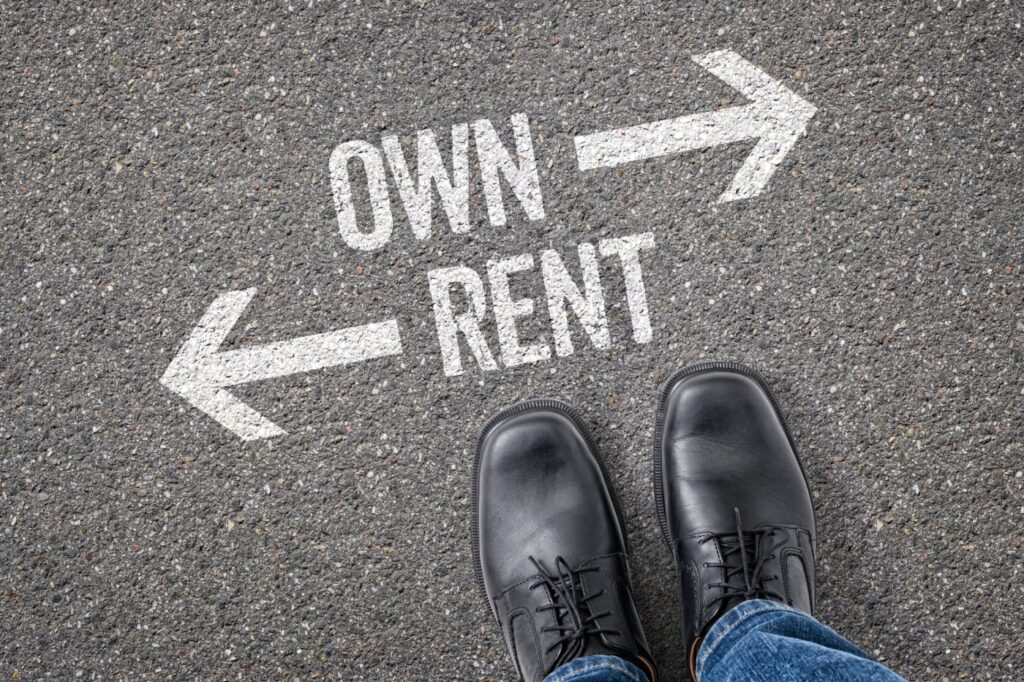
As I’ve mentioned here before, our commercial real estate practice is centered on family-owned and operated manufacturing and logistics businesses.
These companies may lease or own the buildings from which they operate. Common among them is generally a transition that leads to a change such as a lease, sale or purchase.
Today, I’d like to discuss the five D’s of transition and how locations are impacted.
Death
Recently, we found ourselves engaged to sell a building where the principal of the company had died. This is tough. Taken too soon from his family and business and with a limited amount of planning, some quick decisions had to be made to keep the business viable.
After long discussions and many meetings with their accountant, banker, wealth adviser and attorney, the decision was made to sell the business and real estate that housed it. One silver lining when a real estate owner dies is the tax basis is stepped up – meaning the gain when sold is based on a value at their time of death. Therefore, the gains taxes are not quite as severe.
Disposition
It’s uncanny how many manufacturing businesses are on the blocks these days. I spoke with 10 last week.
Two had been sold in 2022 and the other eight are either in serious negotiations, have recently bought a competitor or were considering a sale of the enterprise this year.
Why you may wonder? Money has been cheap and the same dynamics that govern real estate investing have been felt in the merger and acquisition world. Private equity sees great returns in solidly positioned and profitable small businesses. Each – merger, acquisition or sale — requires a real estate decision to be made.
Say a competitor is acquired. Chances are they have a facility from which they operate, and now that space is redundant. I’ve witnessed this excess capacity jettisoned via a sale or sublease. What if the business is sold and the commercial real estate is retained? A lease needs to be negotiated between the new owner (tenant) and the previous business owner.
Debt
As interest rates have spiked over the past few months, companies carrying revolving lines of credit or term loans that come due are faced with a different rate environment than when the debt originated.
Sometimes the answer to paying off the loan is a sale of the real estate and possibly leasing back the premises.
Dissolution
Dave Ramsey once opined “the only ship that won’t sail is a partnership.” I don’t necessarily agree as I’ve seen many limited partnerships thrive, but I’ve also experienced two or more folks in partnerships that have squabbled, leading to a partnership buyout or an outright sale of the buildings.
Divorce
When a marriage ends, the spouses must divide the assets and go their separate directions. Throw in a family business and a couple of addresses and the split becomes quite complex. When one party demands the settlement proceeds to be paid in cash and there is a lack of liquidity – what’s left is a disposition of the real estate.
Much of the drama surrounding a “D” can be eliminated with some careful planning and a game of “what if.” You’d be well served to consult your trusted advisers and plan for any eventuality.
Allen Buchanan is a principal and commercial real estate broker at Lee & Associates, Orange. He can be reached at 714.564.7104 or abuchanan@lee-associates.com.
Related Articles
Real estate news: The Bungalows, built to help homeless families, debuts in Costa Mesa
How a transaction history can guide your next property sale
Real estate news: Fox Racing headquarters in Irvine acquired for $40 million
Status Update: Aspire Salon debuts at Triangle Square; Spectrum opens store in Surf City
What does 2023 hold for industrial, office, retail property owners?
